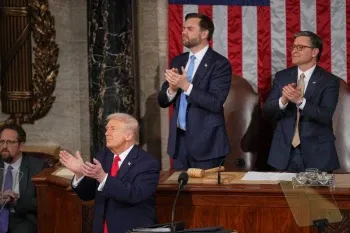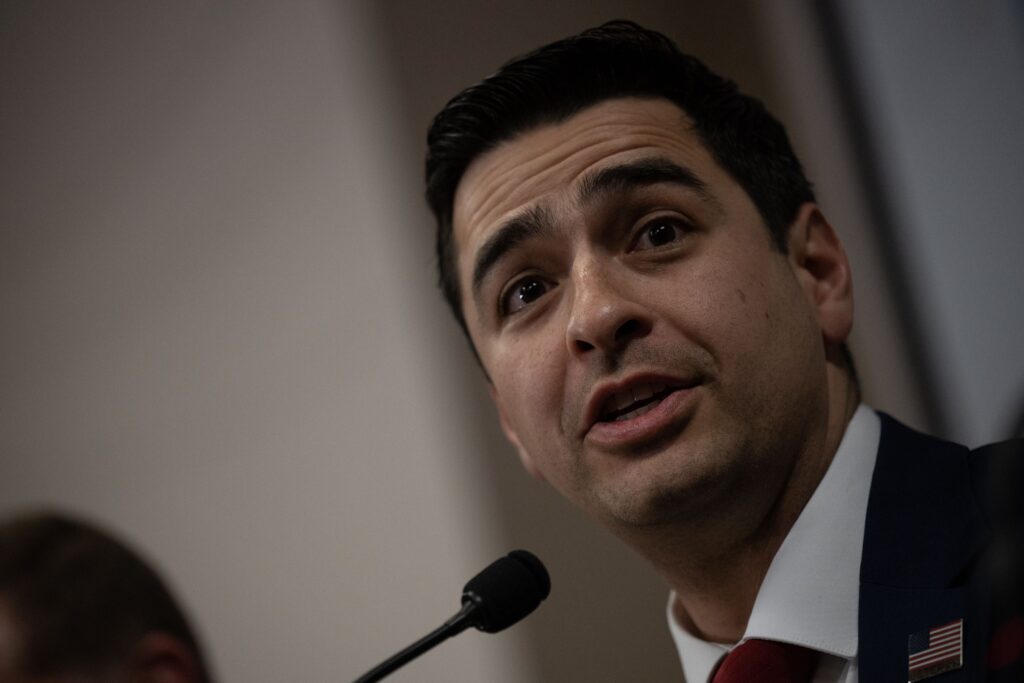Colorado legislators advance bill to ban medical debt collection without price transparency

Under federal law, hospitals are required to post prices online to allow patients to compare costs between hospitals. Now, a Colorado bill is seeking to ban hospitals from pursuing debt collections against patients if they’re not in compliance with the federal statute.
If enacted, House Bill 1285 would prohibit noncompliant hospitals from using debt collectors, filing negative credit reports against patients and obtaining state court judgements for outstanding debts. Noncompliant hospitals could still bill patients, but if they pursue collection actions, they must refund any debt paid by the patient, in addition to all legal fees.
“Hospitals must simply follow the federal law,” said bill sponsor Rep. Daneya Esgar, “and the bill provides patients with the power of the courts to enforce their rights when it comes to that law.”
Only 6% of Colorado hospitals are in full compliance with the federal price transparency law more than one year after it went into effect, according to a report by PatientRightsAdvocate.org. That is below the national average of 14.3% compliance.
The House Health and Insurance Committee unanimously advanced the bill Wednesday, sending it to the full House for consideration.
The bipartisan bill is sponsored by the unlikely duo of Pueblo Democrat Esgar and Castle Rock Republican Rep. Patrick Neville. This is the first time the ideological opponents have co-sponsored the same bill in the eight years they have served together.
“It’s been that hard for us to find something we agree upon, but we finally found it with this bill,” Neville said. “It will bring a lot of market influences that are desperately needed within the hospital system. And most importantly, rather than creating a new agency to enforce, we actually allow consumers to enforce the issue.”
Though the bill united lawmakers in the House, there was plenty of debate during Wednesday’s committee meeting – mostly from hospitals in opposition to the bill.
Representatives from large hospital systems claimed the bill would lead to frivolous lawsuits, while smaller hospitals worried it could threaten their businesses altogether.
Kelly Erb of the Colorado Rural Health Center admitted that many rural hospitals are not in compliance with the federal price transparency law and would be hurt by the bill.
“Many larger, more resourced health care systems are already fully compliant with the federal rules and we commend them. … Rural facilities are working hard to get there, and we will,” Erb said. “But our lack of workforce and IT infrastructure present challenges.”
Supporters of the bill said its intention is to increase compliance as the vast majority of Colorado hospitals are not currently following the law.
“Only when consumers can shop and compare prices before they receive care and see that an MRI can cost $300 or $3,000 can they make the best purchasing decisions for their health,” said Ilaria Santangelo, director of research at PatientRightsAdvocate.org. “If they can’t see clear, actual prices upfront … how can they be expected to pay a bill they never saw coming?”
On Wednesday, the committee also unanimously passed House Bill 1284, which seeks to expand protections against surprise health insurance bills. If enacted, the bill would align state law with the federal No Surprises Act, which went into effect in January. The bill offers additional protections for patients, such as by requiring insurers to pay for post-stabilization services at the in-network level and to cover emergency health-care services, regardless of where provided, also at the in-network benefit level.
HB-1284 will be sent to the House Appropriations Committee for further consideration.













